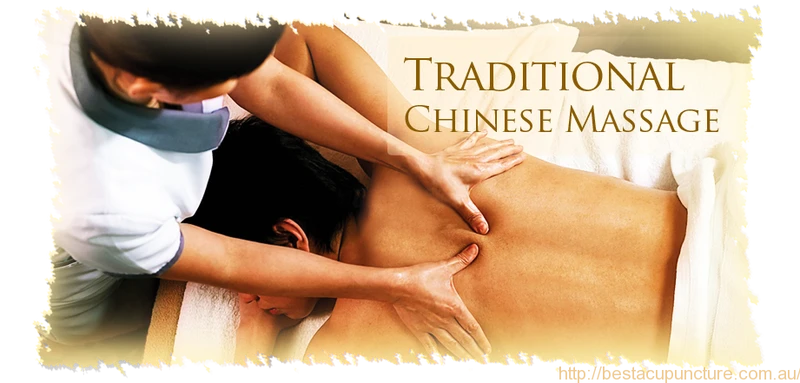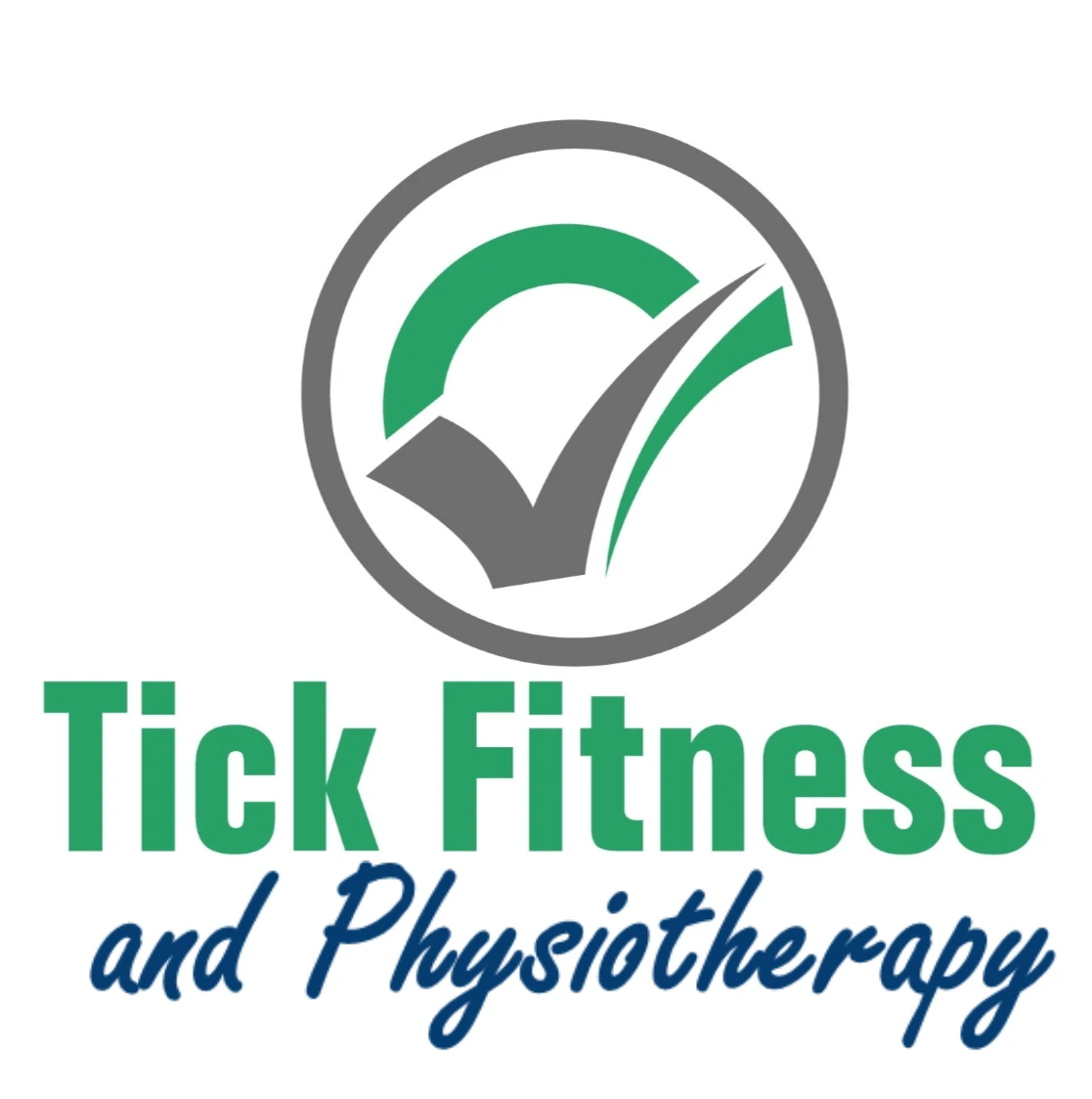
Why we need yoga and mindfulness in Early Childhood
Mental health awareness is highlighting the many challenges that kids are facing today. Yoga and mindfulness teaches kids to love themselves as they are, it develops robust resilience and boosts self-esteem whilst creating confidence to build relationships and to reach out to ask for help when it’s needed.
Read more
How deep conscious breathing relieves stress
An easy and effective breathing strategy to reduce stress, build life force energy and bring you into presence. When we bring consciousness to our breath we can affect our body, mind, and the involuntary sympathetic nervous system responsible for the fight or flight response. These simple tips will show you what you need to do.
Read more
Just breathe – 3 calming techniques for you and your child
Check-in with yourself in this very moment. How are you feeling right now? Take a minute to watch what your breath is doing. If you are relaxed you will find that your breath is slow and calm. If you’re having a difficult day you may find that your breath is short and shallow. Our breath centres how we feel and it influences how we respond to what is happening around us.
Read more
5 easy tips for better breathing
Our modern stressed sedentary lifestyle has shifted our breathing patterns away from our natural breath. Many of us have adopted poor and ineffective breathing patterns, negatively impacting our physical and mental health.
Read more
Are you reading this slumped over your smartphone?
On average, people spend approximately two to four hours (or more!) a day slumped over their phone. Be warned. It’s called ‘Smart Phone Syndrome' and it puts pressure on the spine that can lead to surgery. Find out how you can correct it.
Read more
Yoga for Beginners: A Comprehensive Guide to Getting Started
Discover the essentials of Yoga, including styles like Hatha and Yin Yoga, with this beginner's guide.
Read more
Relationship Advice: How to protect your self esteem in your relationship
In my therapy practice I often see individuals excepting behaviours in relationships they would never advise a friend to accept, simply to due to the fear of rejection. One of the by-products of being a nice person is accepting less than you are worth just to either keep the peace, or to try to avoid the possibility of someone leaving you. Women and men who are more sensitive in nature (and let me note that sensitivity is not a bad trait) are the most likely candidates for this behaviour.
Read more
New Research Reveals the Secret To Happiness
The General Social Survey is reported to be one of the best sources of US happiness data. The most recent survey shows the top three things that impact people’s happiness most are health, relationships and financial circumstances:
Read more
Travel Running Advice and Tips
Travelling for business or just a holiday? Running while you are away can be a great experience and extremely rewarding. See sites as you have never seen them before as well as stay fresh and avoid jet lag.
Read more
Over-the-counter vitamins or Practitioner-only supplements: what's best?
Have you ever looked at that bottle of fish oil or 'shelf stable' probiotic sitting on the dusty supermarket shelf and wondered to yourself: “How long has THAT been there? Am I just wasting my money?” This article looks at the truth about supplements and explains where you can get the most benefit.
Read more
Base Conditioning for Obstacle Racing
The essential exercises & expert training tips that will enable you to excel in your next event. If you are just starting out in obstacle racing, looking to improve your strength and performance or wishing to bullet-proof your body against injury, then this article is for you.
Read more
Brain areas altered during hypnotic trances identified
Researchers at Stanford University found changes in three areas of the brain that occur when people are hypnotized. By scanning the brains of subjects while they were hypnotized, researchers could see the neural changes associated with hypnosis. This article looks at each of these three areas of the brain.
Read more3 tips to decluttering your life
Spring time normally brings about better weather and an opportunity to enjoy the outdoors again, and the desire shared by many to “declutter their lives”. Clearing clutter improves our physical space, health and wellbeing, builds clarity and allows us to feel more organised in our lives, and creates a sense of tranquility and calm. These three tips will help you to declutter your physical, emotional and mental spaces so you can reap the benefits.
Read more
Eye spy a trauma cure
Accredited experts and organisations, including the World Health Organisation are giving the thumbs up to Eye Movement Desensitisation and Reprocessing (EMDR) as a way of treating trauma. Find out why.
Read more
Pilates Benefits
Understand more about Pilates, why you should and shouldn't be doing Pilates and the benefits you can gain from Pilates.
Read more
Seven strategies to improve your quality of sleep
How well do you sleep? Is sleep, the most important aspect to maintain good health? The reality is you can have a really healthy diet, get plenty of exercise, practice yoga and be on the best quality supplements, but if you don’t get quality sleep, your health will be compromised. Keep reading for more strategies that will help improve your quality of sleep.
Read more
WHAT IS THE POSTERIOR CHAIN?
The Posterior Chain is also important in the stability of your knee, hips and spine. Therefore, if these muscles are strong, it may result in a decreased risk of both sporting and general injury.
Read more
Preparing for a half marathon (21km) race
Half Marathon season usually runs through the colder months but you should bargain on at least 3 months of training required, even if from a standing start. Literally, you are not running and then you run a half marathon 3 months later. I have run the SMH half marathon and the Blackmores half marathon now a number of times in sub 2 hours, not a great time but OK. As a beginner moving to intermediate running these are my half marathon running tips.
Read more
Hypnotherapy to deal with pain
We are all familiar with medication to deal with pain, however hypnosis is the most frequently cited form of non-pharmacologic cognitive pain control. Hypnosis is an altered state of consciousness. It is where one's attention is focused; this creates an environment in which the brain can process information to bring about beneficial changes in a person. This essay explores how hypnosis can be used for pain.
Read more
How yoga and mindfulness can help kids with Asthma
Inversions are a great way to shift excess mucus from the lungs and balance out the immune system; they’re also fun to do. Most age groups can practice Supported Shoulderstand or Legs Up The Wall. Both Downward-Facing Dog and Bridge pose are inversion too.
Read more




























